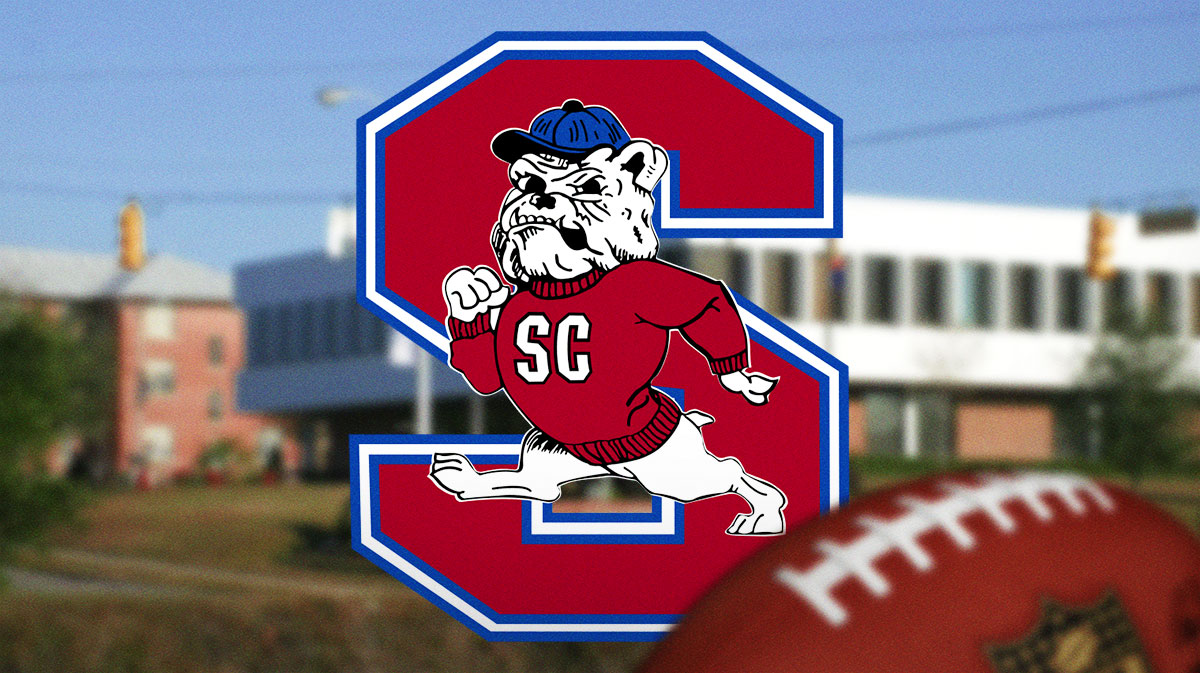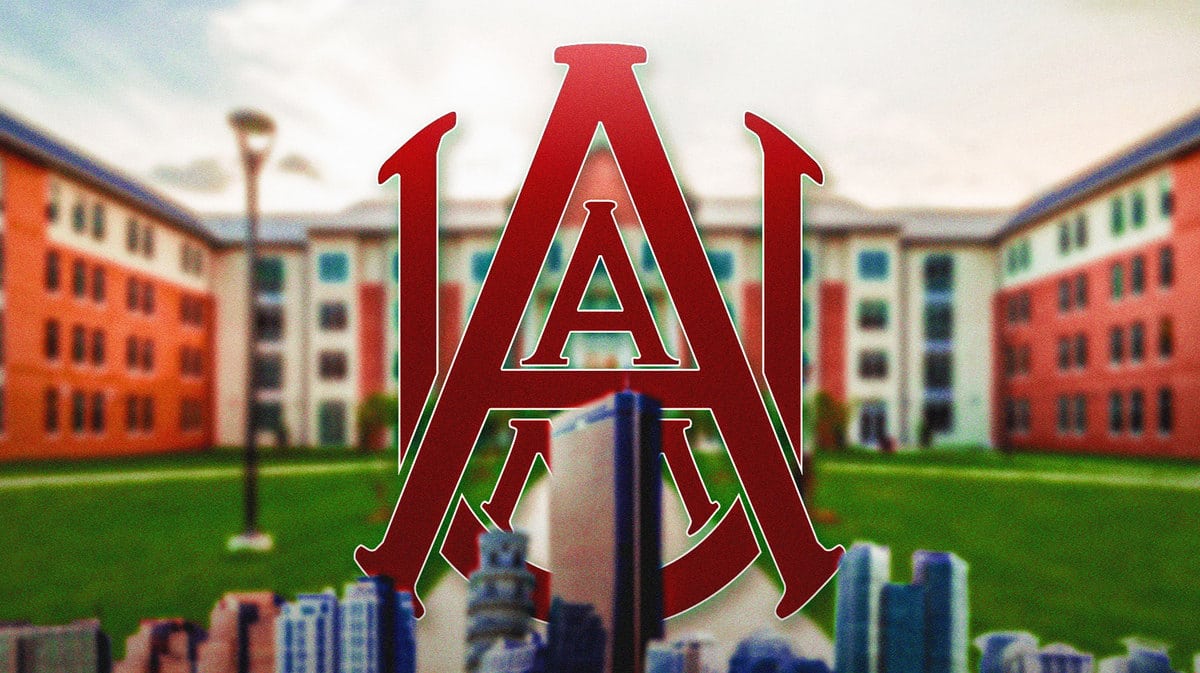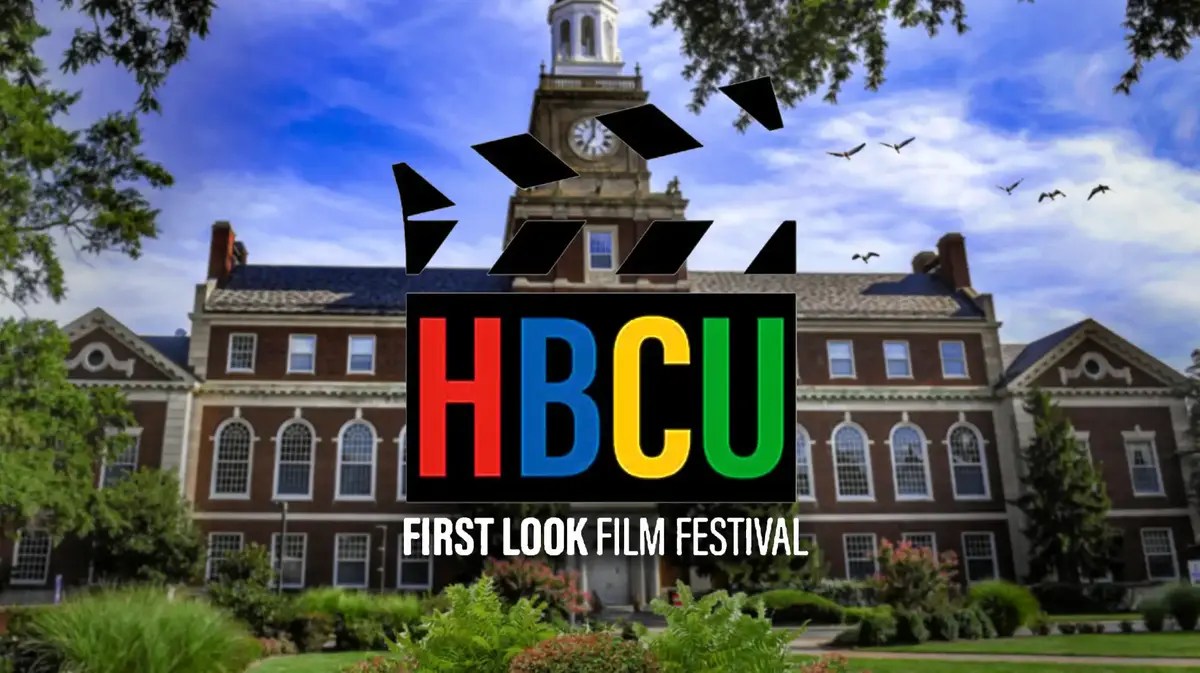South Carolina State University is on a mission to secure funding from state lawmakers as its enrollment keeps rising, reflecting its commitment to upgrading campus facilities and services. President Alexander Conyers recently laid out a budget request aimed at snagging up to $250 million for essential infrastructure improvements during a meeting with university trustees.
“We will continue to monitor to see how much flexibility the state will have in the $1.8 billion that they found that they don’t know what to do with,” Conyers stated. Depending on the state’s funding flexibility, he mentioned that some members of the General Assembly are open to supporting substantial requests possibly over $200 million.
On October 17, Conyers is set to present SCSU's funding requests at the governor’s staff meeting in the State House. The university’s major appropriations request for 2025 includes:
- $65 million for a new academic community convocation center, known as the Bulldog Acadome
- $40 million for a health and wellness center that will replace Staley Hall
- $33 million for a capital renovation and sustainability plan
- $15 million for the renovation of Nance Hall
- $3 million for demolishing older buildings to improve ADA compliance
“The big lift this year will be $65 million to replace SHM for a convocation center. That will be a heavy lift, but it's needed,” Conyers said, highlighting the importance of creating a space that creates community among students.
Conyers also pointed out the need to renovate Nance Hall for the College of Agriculture and Family and Consumer Science, especially with students eager to learn about programs like USDA Scholars and potential animal science opportunities.
With a 33 percent increase in enrollment over the past five years, SCSU is focusing on improving student success, retention, and graduation rates. Conyers has plans to relocate the Career Center to a more central location in the new $20 million expansion of the Student Center, making it easier for students to access resources for internships and job opportunities.
“Here at South Carolina State, we have some colleges that have up to 30 percent DFW ratings. You have some professors having a 75 or 80 percent DFW rate. We can’t tell professors that they need to pass students. That’s not what this is about. This is about looking at those courses that have a high failure rate and trying to determine what resources we need to ensure our students are successful,” he said, stressing the importance of understanding course performance to better support student success.
To aid these efforts, SCSU recently secured a $200,000 grant from the National Institute of Student Success at Georgia State, which will help the university figure out what resources it needs to improve outcomes. Conyers emphasized the necessity of looking at how low enrollment, graduation rates, and high failure rates connect with certain majors.
Beyond academics, Conyers talked about enhancing campus beautification projects and safety measures. “I appreciate the different groups out there that are sending money specifically for (beautification) projects. We will recognize those projects with those donors,” he noted.
The university is also working to strengthen its campus police force with initiatives aimed at recruiting and retaining officers, like increasing starting salaries and introducing policies for take-home vehicles. “Recruiting police officers is tough. So (the campus police chief) is doing many things, everything from retention bonuses to keeping the officers that we have.” Conyers explained.
Additionally, SCSU has landed a $1.7 million grant from the S.C. Department of Public Health to study infant mortality rates among African Americans in the state. There’s also a $1.2 million grant focused on enhancing counseling programs for children and adolescents with disabilities.
With these ambitious plans and funding requests, South Carolina State University is setting itself up for continued growth, ensuring it meets the needs of its expanding student body while staying committed to excellence in education and community engagement.




















